Website security is a growing concern for most website owners and developers. There are as many as 50,000 websites that are getting hacked by cybercriminals every single day. Website hackers use calculated and coordinated methods that come in multiple forms to bypass a website’s security system.

However, all of them share one common goal: to probe as much data and information as possible for malicious intent.
To help you learn more about website security, here are the most common information that cybercriminals are looking for:
1. Personal information
If you are running a business website, you are likely also offering online services such as appointment bookings or order placements for delivery. Hence, your website would receive some personal information from your customers, such as their names, contact information, and residential addresses.
Hackers know all of these too well, which is why when deploying their cyber-attack methods, they usually target business websites because they are the ones that contain the most amount of personal information.
When hackers acquire personal information from a person’s or business’ email address, they can come up with a list of targets for phishing scams where they will lure these people into disclosing their debit or credit card details to a seemingly legitimate platform.
2. Login credentials
If it isn’t personal information, website hackers are after user login credentials. That means usernames and passwords. These credentials are an example of website security because not only do they make sure that only the rightful owners have access to their accounts, but it also prevents unauthorised access to sensitive information such as bank account details, credit card bills, and other information that is best encrypted.
When a cybercriminal gains access to a user’s login credentials, they not only can access private information but can also make unauthorised transactions using their account, making this a massive compromise to both website and user security.
3. Intellectual property
Sometimes, it is not the information of website users that hackers are after but rather the business itself. All companies have their intellectual property. Suppose a hacker finds it worth an incredible amount of value. In that case, they will try to hack the website itself and disclose or gain control over said property, including business plans, financial data, confidential patents, contracts, etc.
Competition is a normal part of the business. However, the competition can resort to spying on other companies at times to get a leg up. This is a significant threat to website security and the business itself because this can bring the latter down and ruin everything it has established.
Conclusion
If you have a website, you should ensure that it is secured as much as possible because when a hacking incident occurs, it will come with a domino of adverse effects, all of which can be detrimental to the brand you are trying to build.










